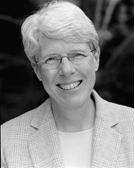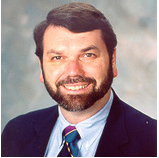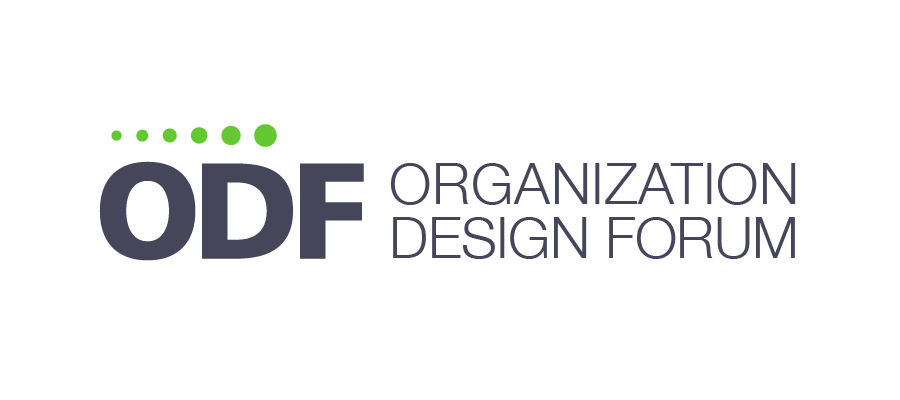 Andrew Zolli’s presentation will look . . .
Andrew Zolli’s presentation will look . . .
Toward Resilience
It’s the design brief of the 21st century: in an age of increasing volatility, how can we bolster the capacity of people, communities and systems to recover, persist, or even thrive amid disruption?
For four years, PopTech’s Andrew Zolli and his collaborators traveled the globe exploring the dynamics of resilience – work that took them from the coral reefs of Palau to the backstreets of Palestine, from the frozen expanses of Iceland to the bustling streets Detroit and New Orleans. It brought them into contact with a new generation of innovators, change agents and leaders who are shepherding powerful new tools and approaches to building capacity, enhancing community efficacy and self-reliance in the face of disorienting change.
Drawing on his own and others’ research and real-world experiences, Andrew will explore this new agenda for framing and responding to change, and interrogate its value, its limits, its politics and its opportunities.
An acclaimed leader in the fields of global foresight, social innovation and resilience, Andrew Zolli serves as Curator and Executive Director of PopTech (poptech.org), a global innovation network which brings together scientists, technologists, engineers, designers, business leaders, social entrepreneurs, ecologists, and others to collaborate on new approaches to the world’s toughest challenges.
Under his leadership, PopTech has incubated breakthrough collaborative innovations in mobile healthcare, education, sustainability, and a number of related fields. It has also identified and trained dozens of the world’s leading social innovators and scientists; and its annual thought-leadership conferences have become one of the most recognized and influential in the world.
Andrew has served as Fellow of the National Geographic Society, and his work and ideas regularly appear in dozens of leading publications and media outlets. Andrew’s latest book, Resilience: Why Things Bounce Back, was published in July 2012 by Free Press.
 Dr. Sue Mohrman will be sharing her research:
Dr. Sue Mohrman will be sharing her research:
Organizing for Sustainable Effectiveness
Sue’s presentation will examine the organizational elements of implementing a sustainability strategy. She draws on extensive research that focuses on organizations doing significant expansion of purpose to include having a positive impact on the societies, communities, and ecologies in which they operate.
The session will share the learnings and approaches of these companies with focus on the context for organization design, and the design elements that enable them to move forward in this more complex outcome space.
It will provide examples to address:
- The fundamental nature of this change
- The values context
- The design elements that align the organization
Dr. Sue Mohrman is a Senior Research Scientist at the Center for Effective Organizations (CEO) in the Marshall School of Business at the University of Southern California. Her research is in the areas of organization design and effectiveness. She is an author/editor of 25 books and has published papers in professional journals on the topics of (1) organizational design of the knowledge economy; (2) organization development, learning, and change; (3) high technology organizations; (4) the design of teams and other lateral approaches to organizing; (5) innovative research and evaluation methodologies; and (6) the design of sustainable business systems
Dr. Mohrman is Co-Faculty Director, with Chris Worley, of the Certificate Program in Organization Design at the Center for Effective Organizations, and of CEO’s research programs on Sustainable Effectiveness.
Designing for Digital:
How Mature Companies can Introduce New Capabilities
Digital technology, which transformed media, is now reshaping many other industries. The introduction of digital products, services, channels, and interfaces over the past 15 years has posed a challenge for leaders of traditional companies considering how best to design their organizations. Digital introduces a dimension of the organization that rarely stands on its own; it must be linked and integrated into the other parts of the company. Amy will share a framework for digital design and examples of companies that are successfully introducing offerings such as analytics, mobility, social media, and smart embedded devices into their core businesses.
Amy Kates is a Managing Partner of Kates Kesler and has served as a trusted advisor to business leaders in successful companies around the world. She works with leaders and their teams to assess organizational issues, reshape structures and processes, and build depth of management capability. The approach and tools Amy has developed with Jay Galbraith have become the standard internal design methodology used in dozens of major corporations around the world.
Author of three books, including most recently, Leading Organization Design: How to Make the Organization Design Decisions to Drive the Results you Want (with Greg Kesler).
 Richard McDermott’s talk will get you thinking . . .
Richard McDermott’s talk will get you thinking . . .
Free Yourself and Your Staff to Think
How to design your organization to give your professional staff time to perform their highest priority, to think.
For many organizations the clever thinking of their staff is critical to their organization. But three social forces have made it more difficult for professional staff to find the time they need to think. This talk describes how to reduce the transaction costs of managing knowledge and use communities of practice to deepen professionals’ thinking.
Richard is currently writing a book on How to Think Like an Expert (Harvard Business School Press, forthcoming) and is publishing a series of blogs on thinking scheduled to appear in the Harvard Business Review starting later this year.
For nearly two decades, he has worked with engineering, professional service, sales, and manufacturing firms to maximize the productivity of knowledge workers. He has been the subject matter expert for six international studies of best practices in expert knowledge transfer, creating a knowledge-sharing culture, developing and institutionalizing communities of practice.
His private sector clients include Shell Oil Co., ExxonMobil, Schlumberger, Mitre Corporation, Hewlett-Packard, Ericsson Research, Celestica, MWH, Pfizer, General Electric, Sonofi-Aventis, Environmental Resource Management, and Ben & Jerry’s.
His public sector clients include The World Bank, US Army Natick Soldier Research Center, The United Nations, The Canadian Nuclear Safety Commission, The European Commission, The International Fund for Agricultural Development, The Center for Disease Control and Conservation International.



